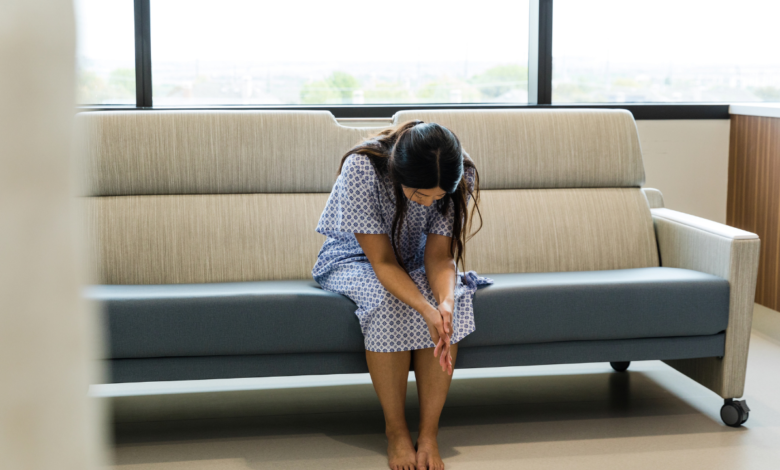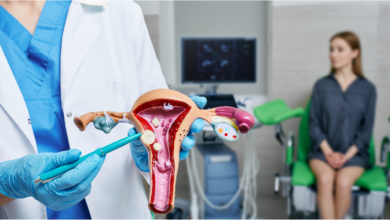
What is a miscarriage?
A miscarriage means the loss of a fetus before the 20th week of pregnancy. It is a common occurrence, affecting an estimated 10-20% of pregnancies.
What are the symptoms of a miscarriage?
The symptoms of a miscarriage can vary, but common symptoms include:
- Bleeding: This can range from light spotting to heavy bleeding.
- Cramping: Abdominal or pelvic pain that may feel like menstrual cramps.
- Discharge of tissue: This may include tissue or blood clots.
- Back pain
- Fever
Who can suffer a miscarriage?
Any woman who is pregnant is at risk for a miscarriage. However, certain factors can increase the risk, including:
- Age: Women over the age of 35 or under the age of 18 have a higher risk.
- Medical conditions: Conditions such as diabetes, thyroid disease, and certain infections can increase the risk.
- Lifestyle factors: Smoking, excessive alcohol consumption and drug use can also increase the risk.
- Previous miscarriage: Women who have had multiple miscarriages may be at higher risk.
What are the types of miscarriage?
- Complete miscarriage: All of the pregnancy tissue has left the body.
- Incomplete miscarriage: Some of the pregnancy tissue is left in the uterus.
- Missed miscarriage: The fetus has died but remains in the uterus, often without any symptoms.
- Ectopic pregnancy: A fertilised egg implants outside the uterus, usually in the fallopian tube. This is a medical emergency and requires immediate treatment.
What tests are available for miscarriage?
To diagnose a miscarriage, your doctor may use the following tests:
- Ultrasound: To examine the uterus and confirm pregnancy loss.
- Blood tests: To measure hormone levels and check for infection.
What is the treatment for a miscarriage?
If the miscarriage is complete, no treatment is usually needed. However, if some pregnancy tissue remains in the uterus, you may need a procedure called dilation and curettage (D&C) to remove it.
What diet should I follow?
There is no specific diet recommended for women who have had a miscarriage. However, it is important to eat a balanced diet and stay hydrated.
Which doctor will treat a miscarriage?
• Gynecologist
Can a miscarriage be completely cured?
- Although a miscarriage itself cannot be cured, the underlying causes can sometimes be addressed to reduce the risk of future miscarriages. It is important to discuss your individual situation with your healthcare provider.





